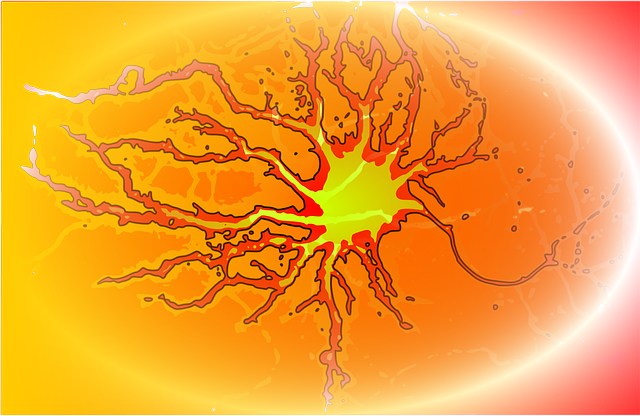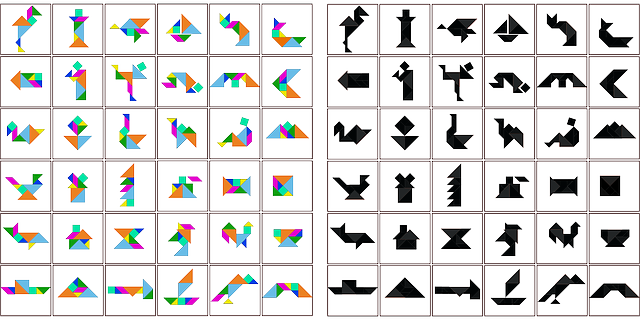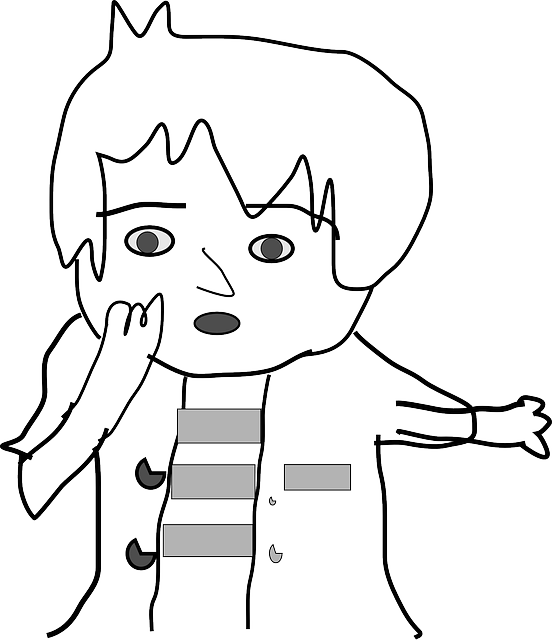الثورة المغدورة
| المؤلف | ليون تروتسكي |
|---|---|
| العنوان الأصلي | Преданная революция: Что такое СССР и куда он идет? |
| المترجم | ماكس إيستمان (للإنگليزية) |
| البلد | الاتحاد السوڤيتي |
| اللغة | بالروسية |
| الصنف | أدب غير روائي |
| الناشر | Pathfinder Books (أمريكا) |
تاريخ النشر |
1937 |
| نوع الوسائط | مطبوع. |
الثورة المغدورة: ما الانحاد السوڤيتي وإلى أين ذاهب؟ (بالروسية: Преданная революция: Что такое СССР и куда он идет?)، هوكتاب published in 1937 by the exiled Soviet Bolshevik leader Leon Trotsky. This work analyzed and criticized the course of historical development in the Soviet Union following the death of Lenin in 1924 and is regarded as Trotsky's primary work dealing with the nature of Stalinism. The book was written by Trotsky during his exile in Norway and was originally translated into French by Victor Serge. The most widely available English translation is by Max Eastman.
خلفية تاريخية
كتابة الثورة المغدورة
محتوى الكتاب
| جزء من سلسلة السياسة عن |
| التروتسكية |
|---|
|
|
ماركسية لنينية الثورة الروسية |
| مفاهيم |
|
Deformed workers' state Degenerated workers' state French Turn ثورة دائمة ثورة سياسية ثورة اجتماعية جبهة متحدة ثورة عالمية |
| أعلام التروتسكيين |
|
خورخه ألتاميرا جيمس كانون طوني كليف پيير فرانك تد گرانت جوسف هانسن جري هيلي C.L.R. James پيير لامبير Livio Maitan إرنست ماندل ناهوِل مورِنو ماكس شاكتمان |
| الأمميون |
|
FI Centre of Reconstruction FI اللجنة الأممية رابطة العمال الأممية الأممية الرابعة لجنة أممية العمال العالمي العالمي
|
| الفروع |
|
تروتسكية ارثوذكسية المعسكر الثالث |
| بوابة الشيوعية |
The Revolution Betrayed has been characterized by historian Baruch Knei-Paz as Trotsky's "major work on Stalinism" and constituted the chief primary source for a chapter length summary of Trotsky's thinking on bureaucracy in a seminal 1978 intellectual survey.
In the view of Knei-Paz, the subtitle chosen by Trotsky for The Revolution Betrayed — "What is the Soviet Union and where is it going?" — accurately summarized the author's intent behind the book. Trotsky was preoccupied with the question of whether the emerging bureaucratic political and economic formation in the USSR constituted a new social model not encompassed previously by Marxist doctrine. Knei-Paz asserted that while Trotsky insisted that the Soviet system did not constitute any such new social and economic system, in reality the analysis he presented in The Revolution Betrayed was, in fact, "ambivalent."
The book is a wide-ranging critique of the USSR and its rulers, and advocates a new political revolution to overthrow the Stalinist dictatorship and bring about a socialist democracy. It opens by praising the positive economic advances of the USSR since the death of Lenin, citing growth in electrical power, agricultural output, industry, etc. It then proceeds to describe the limits on this economic advance, the nature of the new ruling elite, and predicts the ultimate downfall of the Soviet Union as a result of Stalinist rule. It places an emphasis on a Marxist method of analysis, and makes several key observations and predictions, some of which would only be borne out many decades later.
The first few chapters examine the "zigzags," as Trotsky describes them, in the policy pursued by the Party, citing rapid panicked changes in policy as a direct result of a lack of democracy. Trotsky highlights the most important of these 'zigzags' in the field of economic policy, criticizing Stalin and Bukharin's policy of at first opposing voluntary collectivization and increasing privatization of land and then of an abrupt U-turn to break-neck industrialisation and forced collectivisation, which Trotsky brands "economic adventurism" that carried "the nation to the edge of disaster". Trotsky then discusses labor productivity and criticizes the uselessness of the Stakhanovite movement and "shock brigades."
Trotsky then analyzes "The Soviet Thermidor" (Thermidor is a reference to the later stages of the French Revolution, when conservative forces took hold of society). He analyzes the triumph of Stalin, the separation of the party from Bolshevism, and the rising bureaucratic stratum. The importance of this chapter lies in Trotsky's observation that the ruling stratum in the USSR are neither capitalists nor workers, but rather a section of the working class alienated from its class roots, influenced both by the bureaucracy left over from the Tsarist era and the de-politicisation of the working class.
Trotsky refers to Stalinism as a form of "Bonapartism," drawing a comparison with the French dictator Napoleon Bonaparte and his capture of the French state after that country's revolution. Just as Bonaparte brought back the trappings of the aristocracy and imprisoned capitalists despite presiding over a new capitalist social system, Stalin imprisons workers and behaves like a Tsar despite failing to overturn the gains of a planned economy and nominal public ownership. At the same time, Trotsky writes that this ruling stratum impoverishes the rest of society, asserting that "a planned economy requires democracy just as the human body requires oxygen"; without democracy, he predicts economic stagnation.
He next discusses everyday life in the Soviet Union, economic inequality and the oppression of the new proletariat. He links the increasing conservatism in the treatment of women and the family directly with the rise of Stalinism, and compares it to the period before the revolution. From here he discusses foreign policy and the Soviet military: The failure to defeat fascism, the re-institution of ranks and the loss of a militia, and closes by examining the future of the Soviet Union.
One of the key predictions made by Trotsky is that the USSR would come before a disjuncture: either the toppling of the ruling bureaucracy by means of a political revolution, or capitalist restoration led by the bureaucracy. This prediction was made at a time when most commentators, capitalist and Stalinist, predicted the continued rise of Soviet power. As Allin Cottrell and Paul Cockshott would later write in their 1992 book Towards a New Socialism, Trotsky's prediction proved prescient. Lack of economic democracy coupled with computer technology that (at the time) was not yet advanced enough to plan the economy led to economic stagnation in the 1960s and 1970s (The Era of Stagnation). Leading members of the ruling party (who were overwhelmingly from the more privileged stratum of Soviet society) responded to the stagnation by promoting capitalist reforms in the 1980s, rather than expanding more democratic forms of socialism. This was followed by the full embrace of capitalism a decade later without any apparent ideological discomfort amongst former party members, who became the new economic oligarchs in post-Soviet Russia while living standards of the Soviet proletariat fell precipitously in the 1990s.
انظر أيضاً
- قائمة خط ليون تروتسكي
المصادر
- ^ Baruch Knei-Paz, The Social and Political Thought of Leon Trotsky. Oxford, England: Clarendon Press, 1978; pg. 381; fn. 39.
- ^ Knei-Paz, The Social and Political Thought of Leon Trotsky, pg. 385.
- ^ http://ricardo.ecn.wfu.edu/~cottrell/socialism_book/soviet_planning.pdf
- ^ "The New American Cold War" – via The Nation.
طبعات اللغة الإنگليزية من الثورة المغدورة
- Sources: Louis Sinclair, Trotsky: A Bibliography: Volume 2. Aldershot, England: Scolar Press, 1989; pp. 1281-1282; ABEBooks.com; OCLC WorldCat.
- New York: Doubleday, Doran & Co., 1937. —308 pages.
- London: Faber and Faber, 1937. —Includes I Stake My LIfe. 312 pages.
- New York: Pioneer Publishers, 1945. —Facsimile of 1st American edition.
- New York and London: Pioneer Publishers, 1957. —Facsimile of 1st American edition.
- New York: Pioneer Press, 1964. —Facsimile of 1st American edition.
- New York: Merit Publishers, 1965. —Facsimile of 1st American edition.
- London: New Park Publishers, 1967. —Facsimile of 1st American edition.
- New York: Merit Publishers, 1969. —Facsimile of 1st American edition.
- New York: Merit Publishers, 1970. —Facsimile of 1st American edition.
- New York: Pathfinder Press, 1972. —Facsimile of 1st American edition.
- London: New Park Publishers, 1973. —334 pages.
- New York: Pathfinder Press, 1977. —Facsimile of 1st American edition.
- New York: Pathfinder Press, 1983. —Facsimile of 1st American edition.
- New York: Pathfinder Press, 1987. —Facsimile of 1st American edition.
- Detroit: Labor Publications/Mehring Books, 1991.
- Mineola, NY: Dover Publications, 2004.
- New York: Pathfinder Press, 2004. —Facsimile of 1st American edition.
وصلات خارجية
- Marxists Internet Archive, www.marxists.org/
- After Ten Years: On Trotsky’s The Revolution Betrayed by C.L.R. James (1946)
- The Revolution Betrayed by Tony Cliff (1993).
نطقب:Leon Trotsky
















